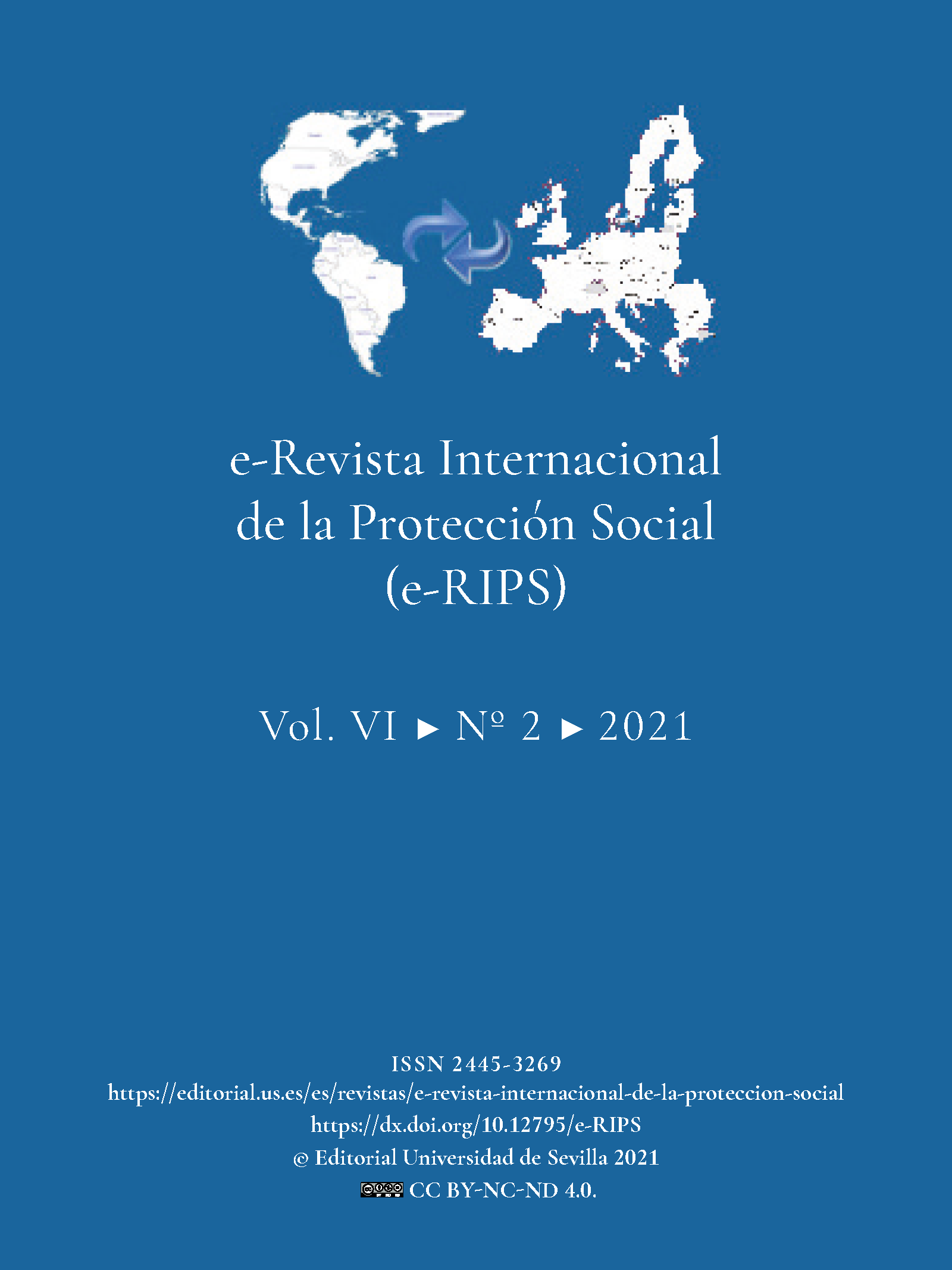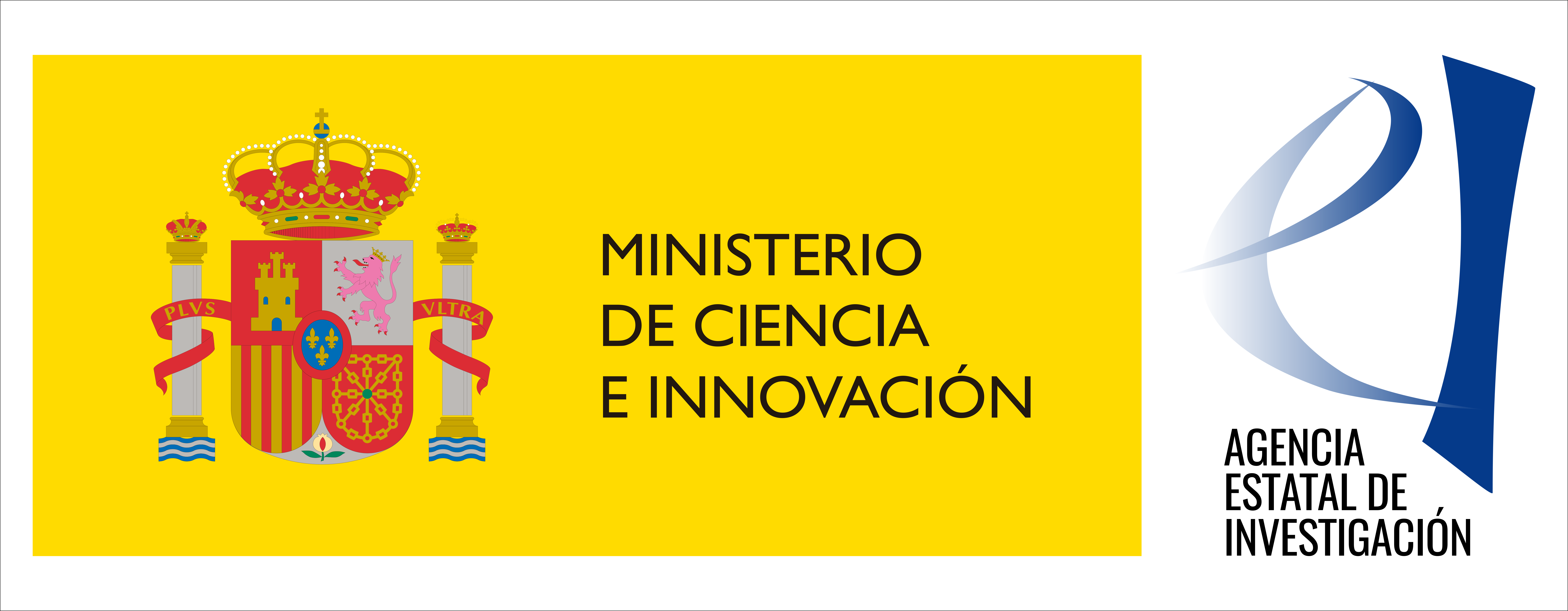From the crisis to the reinvention of trade unions in the digital era: the theory of recognition as a proposal for social protection
DOI:
https://doi.org/10.12795/e-RIPS.2021.i02.16Keywords:
Networked trade unions, Software, Recognition theory, Technology. Labor LawAbstract
This article analyzes the Brazilian trade union movement from the Labor Law crisis caused by new technologies. The research is theoretical, having as a background the notion of a software era, in which information and communication technologies are used to make human work more precarious, culminating in the worsening of the crisis of workers unions and of the Labor Law itself. The objective of this diagnosis is, in this research, by means of a juridical-prospective method, to point out future trends for worker unionism, in an attempt to indicate ways to overcome the current weakening scenario of union movements in Brazil. For such a formulation, an interdisciplinary investigation is proposed, having as an important theoretical framework Axel Honneth's theory of reciprocal recognition in dialogue with approaches to income redistribution and new social movements. In this context, it is important for unions to articulate themselves in networks and engage politically beyond the economic agendas, using new information and communication technologies as instruments of rapprochement with the bases, rebuilding the ties of solidarity so dear to the social struggles undertaken in the world of work.
Downloads
References
Almeida, C.: “Redução e Expansão do Direito do Trabalho: por um direito do trabalho de segunda geração”, em AA.VV.: Direito Material e Processual do Trabalho: III Congresso Latino-americano de Direito Material e Processual do Trabalho, LTr, São Paulo, 2016.
Antunes, R.: O privilégio da servidão: o novo proletariado de serviços na era digital, Editora Boitempo, São Paulo, 2018.
Bauman, Z.: Modernidade Líquida, Zahar, Rio de Janeiro, 2001.
Beck, U.: Sociedade de risco - Rumo a uma outra modernidade, Editora 34, São Paulo, 2011.
Chaves, D.; Ferreira, C.; Dantas, M.: “Reconhecimento e Trabalho: a aplicação da teoria de Axel Honneth no âmbito laboral”, in Diniz, F. P.; Pereira, H. V. (org.): Estudos Contemporâneos em Direito Público e Privado (vol. 1), D’Plácido, Belo Horizonte, 2015.
Consentino, C.: Direito do Trabalho, Tecnologias da Informação e da Comunicação: impactos nas relações individuais, sindicais e internacionais do trabalho, RTM, Belo Horizonte, 2018.
Dardot, P; Laval, C.: A nova razão do mundo: ensaio sobre a sociedade neoliberal, Boitempo, São Paulo, 2016.
Honneth, A.: A Luta Por Reconhecimento: A gramática moral dos conflitos sociais, Editora 34, São Paulo, 2003.
Honneth, A.: O Direito da Liberdade, Martins Fontes, São Paulo, 2015.
Honneth, A.: “Trabalho e reconhecimento: tentativa de uma redefinição”, Civitas - Revista De Ciências Sociais, vol. 8, num. 1, 2008.
Honneth, A.; Fraser, N.: ¿Redistribución o reconocimiento?: un debate politico-filosófico, Morata, Madrid, 2006.
Oliveira, M.: “O direito sindical como esfera do reconhecimento”, Cadernos de Direito, Vol. 18, num. 34, 2018.
Teodoro, M.: O princípio da Adequação Setorial Negociada no Direito do Trabalho, Ltr, São Paulo, 2018.
Teodoro, M.: “Por um Direito do Trabalho Repersonalizado”, em AA.VV.: Direito Material e Processual do Trabalho: III Congresso Latino-americano de Direito Material e Processual do Trabalho, LTr, São Paulo, 2016.
Published
How to Cite
Issue
Section
License
Authors being published in this journal agree to the following terms:
- Authors retain their copyright and they will guarantee to the journal the right of first publication of their work, which will be simultaneously subject to license recognition by Attribution-NonCommercial-ShareAlike (CC BY-NC-SA 4.0 DEED)
that allows others to share such work provided that the author’s name and his first publication in the e-International Review on Social Protection is stated. - Authors may take other non-exclusive distribution license agreements version of the published work (e.g. deposit in an institutional digital file or publication in a monographic volume) provided that the initial publication in this journal is stated.
- Authors are allowed and encouraged to disseminate their work via the Internet (e.g. in institutional digital files or on their website) prior to and during the submission process, which can lead to interesting exchanges and to increase citation of the published work.











